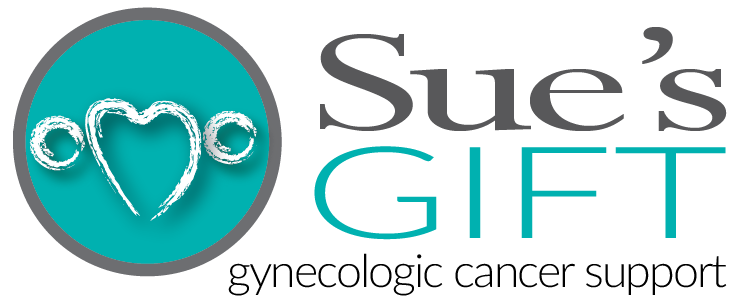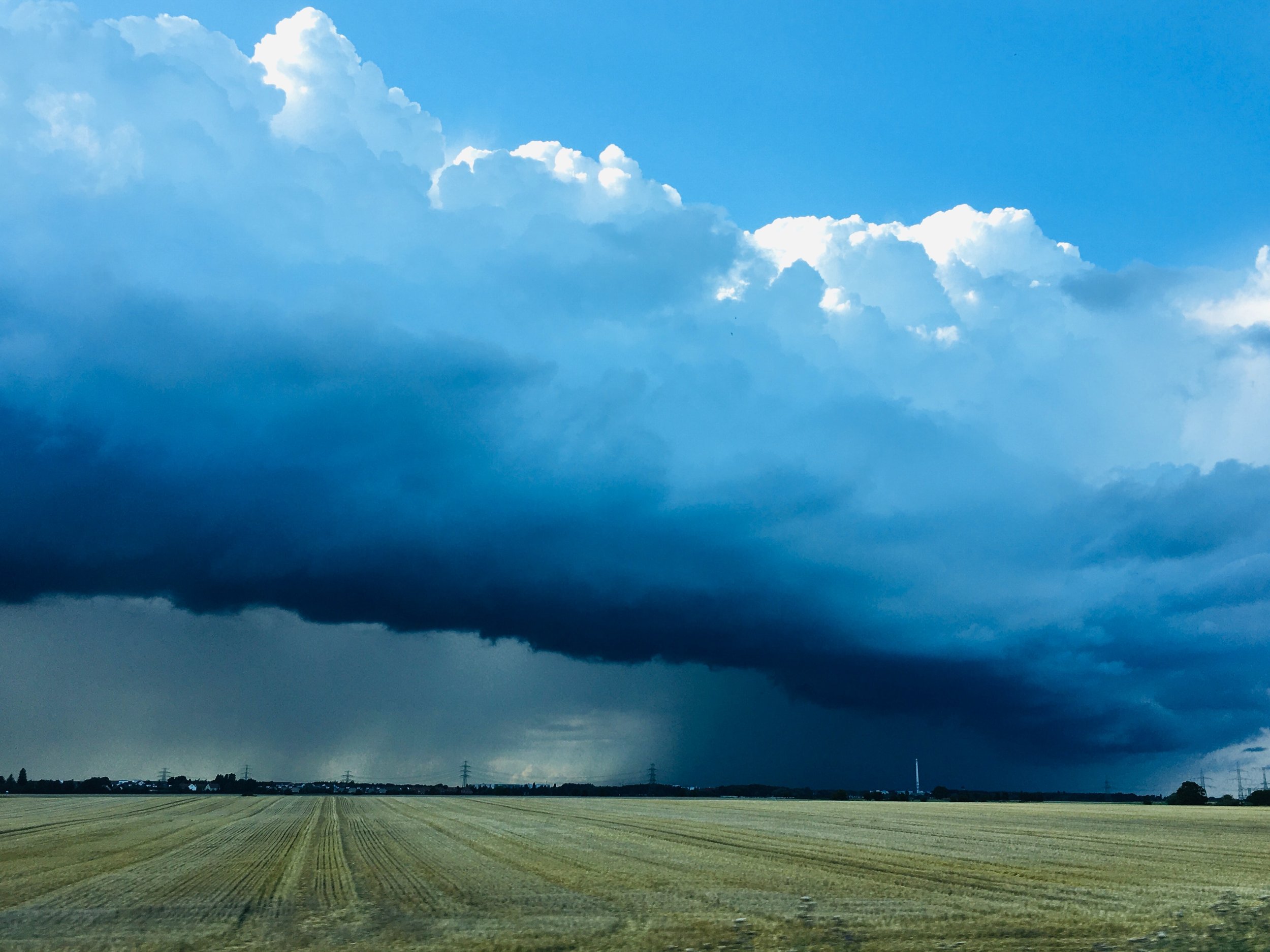The Certainty of Uncertainty
“There is nothing more certain and unchanging than uncertainty and change.”
Image credit @jonasfromberlin
It was 5 p.m. on a hot summer afternoon in northwest Oklahoma, and I was six years old. Unaware of the time but aware it was suddenly dark as night, I put on my pajamas, ready for bed, because I was sure it was bedtime. Then I heard the sound of “the train.” My dad and brother struggled to hold onto the rope that held the heavy wooden door of the underground storm cellar in place, keeping our family safe as the tornado roared overhead. It was over almost as quickly as it appeared. The bright sun was out again, and even as a six-year-old, I felt silly for being so sure it was bedtime. It’s a funny thing to remember over the years. Still, that experience taught me that changes happen quickly, having a plan was necessary, and my certainty of the situation wasn’t accurate.
I’m a person who likes certainty – knowing what to expect – and I like to plan, which typically helps me avoid unexpected crises. It helps me feel in control, and that’s a good feeling. In my younger years, I believed much of life was within one’s control. If you studied hard enough, you’d get good grades; if you practiced long enough, you’d win the basketball game or the piano competition; if you prayed hard enough, you’d get what you asked for.
In later years, I’ve learned that many things are not within my control and that trying hard doesn’t always accomplish the goal. I’ve learned there are no guarantees. I’ve learned, as Rabbi Kushner says, “bad things happen to good people,” people who did everything “right,” who didn’t deserve the circumstances they were in.
If we expect to live in a world where we can control all outcomes, where there is no uncertainty, then we’re setting ourselves up for disappointment and chronic anxiety. Can one learn to live with uncertainty? Yes, it’s possible, and here are a few things that can help: Make a list of things you can control. Document the uncertain times you've gone through before. Understand that a worst-case scenario isn’t a sure thing. Normalize your uncertainty-induced anxiety; e.g., “Nearly everyone would have some apprehension waiting for the test results.” Use bibliotherapy – reading others’ quotes, stories, and books when struggling.
Pema Chodron says, “Sticking with uncertainty is how we learn to relax in the midst of chaos, how we learn to be cool when the ground beneath us suddenly disappears.” I don’t know if I can ever “be cool” when the ground beneath me suddenly disappears, but I can acknowledge my fear, make a plan, and learn to live with uncertainty.
I have a little book entitled Life is Uncertain: Eat Dessert First! Finding the Joy You Deserve, by Sol Gordon and Harold Brecher. It’s a cute title, but the message is profound: Don’t wait until the kids are gone, you have enough money, finish treatment or are five years post-treatment, get the degree, own the business, find the perfect job or relationship, learn woodworking, or are retired to do what you love. In other words, enjoy today and every day after that.
We can never be sure of clear weather or guaranteed a stress-free life because tornadoes, accidents, and cancer happen. What we can do is “expect the unexpected,” as Bear Bryant has said...not live life in a hyper-vigilant mode but with the awareness that uncertainty is a given. We can develop the necessary skills to manage the changes and uncertainties that are certain to come.
Leave feedback for the author here. (Comments are not posted online.)

